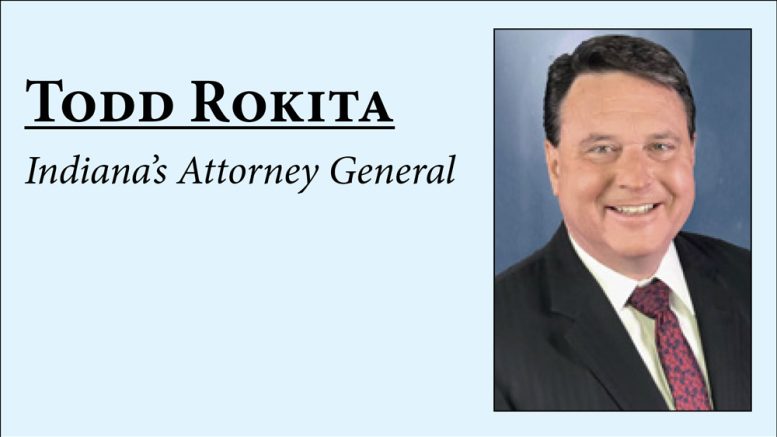Addressing the wickedness of slavery in 1850, the great American abolitionist Frederick Douglass said the practice “violates the great law of liberty, written on every human heart.” Further, he said, it “contravenes the laws of eternal justice, and tramples in the dust all the humane and heavenly precepts of the New Testament.”
In 1865, America banished chattel slavery, but nowadays – yes, even in 2023 – a modern form of slavery persists in the form of illegal human trafficking. And there are thousands of victims living right here in America.
The crime of human trafficking occurs anytime someone uses force, fraud or coercion to make another individual provide labor, services or commercial sex acts. If a person performing commercial sex acts is under 18, the crime of human trafficking still occurs even without the elements of force, fraud or coercion (humantraffickinghotline.org).
Because this evil $150 billion global enterprise operates in the dark shadows, compiling statistics on its reach is difficult. To stamp it out, we need the same kind of determination that the 19th-century abolitionists showed in their own fight for justice and liberty.
Human trafficking is enabled by those who choose to look the other way rather than paying attention to signs that someone might be a victim.
It is also enabled and exacerbated by elected leftist leaders (such as the current president) who willfully embrace the porous nature of the U.S.-Mexico border, across which so many victims are trafficked into the United States.
As Indiana’s attorney general, I am committed to promoting greater awareness among the public of human trafficking – and I am committed to forcing our federal government to get serious about border security.
With January being National Human Trafficking Awareness Month, now is a fitting time to remind Hoosiers and all Americans to stay watchful for signs that someone might be a trafficking victim. According to the U.S. State Department, those signs include observations that someone:
- lives with their employer.
- lives with multiple people in a cramped space.
- otherwise experiences poor living conditions.
- is prohibited from speaking alone to strangers.
- gives answers that appear to be scripted and rehearsed.
- has an employer holding their identity documents.
- shows signs of physical abuse.
- is submissive or fearful.
- is unpaid or paid very little.
- is under 18 and working in the commercial sex industry.
People in certain job roles – such as medical professionals, restaurant workers, teachers and truck drivers – are particularly likely to come into contact with trafficking victims.
Anyone with suspicions that another person is being trafficked should immediately call local law enforcement. They may also call the National Human Trafficking Hotline at 1-888-373-7888.
My office works with law enforcement to assist crime victims – including administering our Address Confidentiality Program. This initiative enables victims of certain crimes, including trafficking, to conceal their residential address from the public – and therefore from their victimizers.
Combating this scourge, however, also requires sealing our nation’s southern border from easy trespass by people with criminal intent.
The criminal cartels operating out of Mexico are responsible for a significant measure of the human trafficking that occurs within the United States.
“In the U.S., immigrants, especially immigrant women, make up the largest portion of trafficking victims,” notes Selena Rodriguez at TexasPolicy.com. “In fiscal year 2021, there were nearly 2 million migrant apprehensions along the U.S.-Mexico border, and that number only accounts for the people encountered by border agents.”
Studies done by the Latin American branch of the Coalition Against Trafficking International estimate that 60 percent of Latin American children who set out to cross the border alone or with smugglers “have been caught by the cartels and are being abused in child pornography or drug trafficking.”
As Indiana’s Attorney General, I have filed a first-of-its-kind lawsuit aimed at forcing the Biden administration to get serious about securing the border – solely on behalf of Indiana, based on damages unique to our state.
Securing the border would bring relief to millions of Hoosiers and all U.S. citizens who are currently bearing the burdens of runaway illegal immigration. But it also would help prevent the victimization of women and children from Latin American countries who are being trafficked.
We need to talk about these issues not only during National Human Trafficking Awareness Month but indeed all year long.
Beyond the talk, we need action.
Todd Rokita serves as the Attorney General of Indiana.

